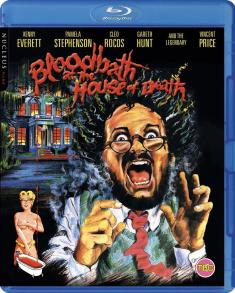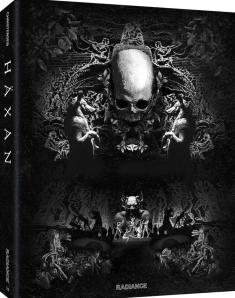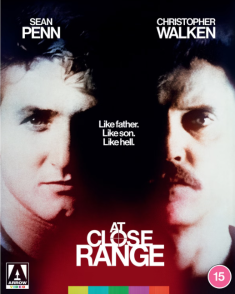Dragon Age: Inquisition
Overview -
The 'Dragon Age' franchise is produced by BioWare, a Canadian studio with a deep history of RPG development. They started in the late 90s/early 2000s with PC titles like 'Baldur’s Gate' and 'Neverwinter Nights' before releasing 'Star Wars: Knights of the Old Republic' with massive success. 'Dragon Age' began in 2009, with a sequel in 2011. It is a high fantasy series with a dark tone, as most of the problems the continent of Thedas faces begin not with evil monsters, but the hubris of men.
Thedas is a world (and continent - the two seem to be inextricably linked) populated by humans, elves, dwarves, and a race of tall, horned bipeds called Qunari. It has a level of technology roughly similar to Europe just before the Renaissance, and magic is common. Unlike many other fantasy worlds, magic is also a beacon to spirits and demons from another dimension called the Fade, separated from the mundane world by an ethereal fabric called the Veil. Because the use of magic can result so quickly in corruption or demonic possession, mages are tightly controlled, and in some cultures considered second-class citizens. Much of the politics of the series stems from the rivalry between the mages and the Templars, the military arm of Thedas’ largest religion, the Chantry.
Video Review
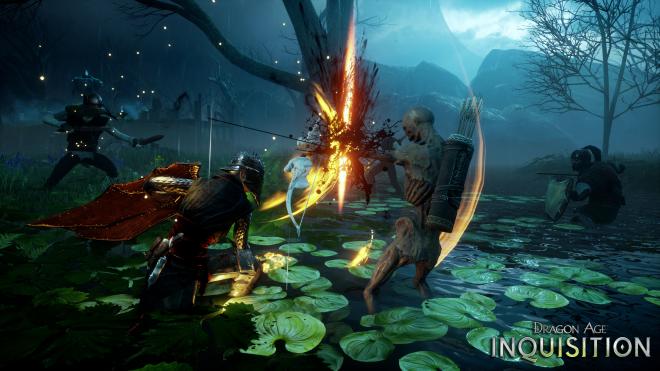
'Inquisition' looks like a fantasy epic set in a magical, medieval world. Because we’re still in a kind of in-between stage of gaming generations, it is important to remember that the next-gen versions of the game look much like the last-gen versions but with a high-def coat of paint. Still, BioWare has done well with the Frostbite engine, and the SpeedTree plugin that has been used to great effect in Hollywood adds striking legitimacy to much of the foliage and flora of Thedas. There are some bugs, like characters clipping into the ground and squirrelly animations during combat (my Inquisitor, a rogue bowman, often fired in the opposite direction of the target, although the arrows would still hit). The Xbox One version also has a resolution of 900p, noticeably lower than its PlayStation brother.
Audio Review
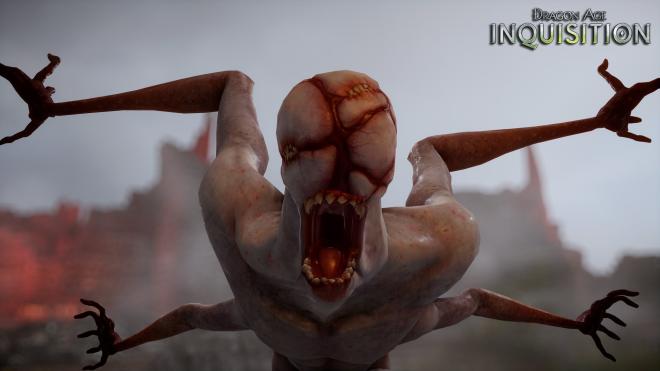
The music here is a high point, especially in the taverns where bards sing pieces that sound nearly as good as contemporary pop Celtic recordings. The score contributes effectively to the feeling of empowerment while playing the Inquisitor, although the strange BioWare tradition of awkwardly quiet cutscenes continues. Voice acting is on the lesser side of decent, with many of the performers just not getting into their parts, and bizarre imitations of the French accent abound. Most damning are the audio bugs that nearly shut down my game on a few occasions. Sometimes the sound would cut out completely. Other times a conversation would simply stop and I would have to skip forward through lines of dialogue, like trying to get through a damaged portion on an audio CD. This meant losing valuable story points and, at least once, forcing a game restart.
Final Thoughts
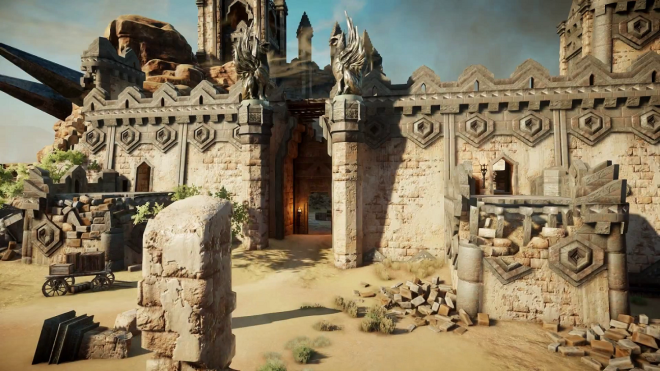
'Dragon Age: Inquisition' vies with 'Diablo' for the spot of best RPG currently available on the Xbox One. It avoids the grind endemic to games of its kind and has a good story on top of an even better open world. It is not without its problems, many of which BioWare has been criticized for in the past, but is nevertheless an important RPG that is both superior to its predecessor and certainly gives players their money’s worth.





